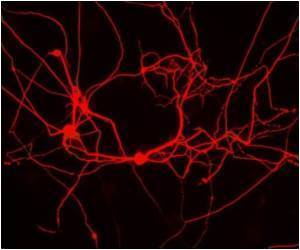According to a study, neurons that control hunger in the central nervous system also regulate immune cell functions.

"We've found that if appetite-promoting AgRP neurons are chronically suppressed, leading to decreased appetite and a leaner body weight, T cells are more likely to promote inflammation-like processes enabling autoimmune responses that could lead to diseases like multiple sclerosis," said lead author Tamas Horvath, the Jane and David W. Wallace Professor of Biomedical Research and chair of comparative medicine at Yale School of Medicine.
"If we can control this mechanism by adjusting eating behavior and the kinds of food consumed, it could lead to new avenues for treating autoimmune diseases," he added.
Horvath and his research team conducted their study in two sets of transgenic mice. In one set, they knocked out Sirt1, a signaling molecule that controls the hunger-promoting neuron AgRP in the hypothalamus. These Sirt1-deficient mice had decreased regulatory T cell function and enhanced effector T cell activity, leading to their increased vulnerability in an animal model of multiple sclerosis.
"This study highlights the important regulatory role of the neurons that control appetite in peripheral immune functions," said Horvath. "AgRP neurons represent an important site of action for the body's immune responses."
The team's data support the idea that achieving weight loss through the use of drugs that promote a feeling of fullness "could have unwanted effects on the spread of autoimmune disorders," he notes.
Advertisement















